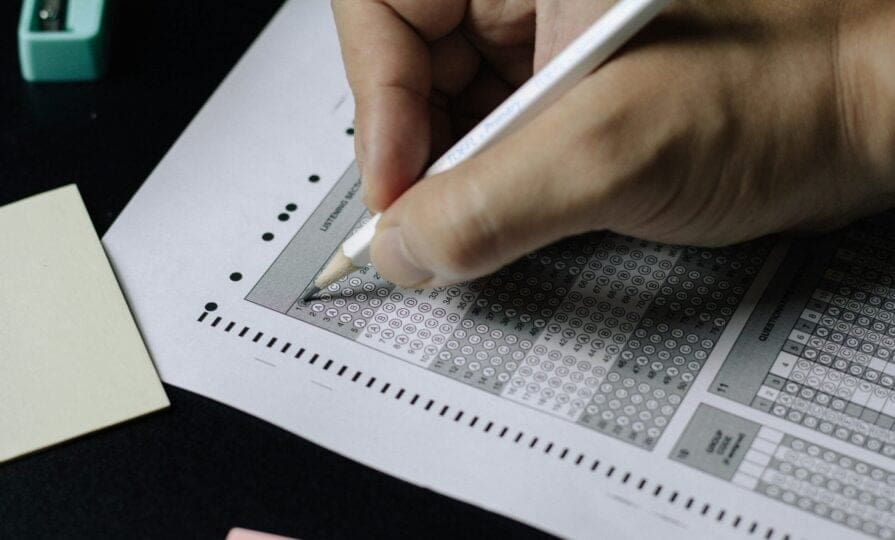Ofqual withdraws flawed exam access arrangements data
Access arrangements include ‘reasonable adjustments’ for disabled students and arrangements for candidates with temporary injuries or other access needs

Register to get 1 free article
Reveal the article below by registering for our email newsletter.
Want unlimited access? View Plans
Already have an account? Sign in
Ofqual has withdrawn its official statistics on access arrangements for exams after uncovering errors in how the data was collected and reported.
According to the non-ministerial government department, there was no issue with the access arrangements system itself, stressing that no students had been or would be affected.
Access arrangements, which are intended to ensure that students are not unfairly disadvantaged when sitting exams, include “reasonable adjustments” for disabled students and arrangements for candidates with temporary injuries or other access needs. Schools and colleges apply to exam boards for these arrangements, the most common of which is 25% extra time.
Tom Bramley, executive director for research and analysis at Ofqual, said: “Our analysis has revealed that [previous figures] have led to a significant overstatement of approved access arrangements in place for the exam cohort in each year. This has been a technical issue with reporting rather than how the system has been used.”
Ofqual began reviewing trends in access arrangements in 2023, requesting more detailed data from exam boards. This revealed that previous reporting included students with valid arrangements who did not sit exams, failed to eliminate duplicate applications for the same student, and used data that could not be linked to individual exam entries, making it difficult to validate.
Bramley said initial findings suggested the proportion of students receiving access arrangements was more closely aligned than previously reported with the proportion of students with special educational needs in schools.
Ofqual stated it would publish revised statistics in late 2025, covering the academic years from 2020–2021 onwards, and would also release a report explaining its review and research into perceptions of 25% extra time. The updated figures will be classed as “official statistics in development” and will include confidence ranges.
Bramley said the regulator was working with exam boards to improve data quality and added: “The approach to access arrangements remains unchanged. Schools and colleges should continue to apply for access arrangements as they always have.”
Paul Whiteman, general secretary of the school leaders’ union NAHT, welcomed the withdrawal of the flawed statistics.
He said: “While it is regrettable that problems have been identified with these statistics, Ofqual has done the right thing in withdrawing them and working to correct and republish them. Having correct datasets on access arrangements is vital to identify trends and changes across the system.
“More broadly, we have called for the use of high-stakes final exams to be reduced as part of the government’s curriculum and assessment review. Instead, assessment must be developed to better meet the needs of most young people and allow them to demonstrate their knowledge and skills.”







